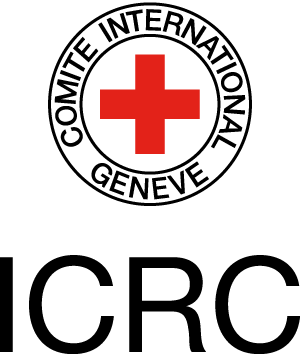We use cookies to make your experience better. To comply with the new e-Privacy directive, we need to ask for your consent to set the cookies. Learn more.
Harmful Information – Misinformation, disinformation and hate speech in armed conflict and other situations of violence: ICRC initial findings and perspectives on adapting protection approaches
Digital technologies – how they are being used, by and against whom – are among the "new" realities that the humanitarian organizations have to factor into the design of their humanitarian response. While these technologies can improve the lives of individuals and communities affected by war and violence, they can also create new vulnerabilities or exacerbate existing ones. The use of digital technologies that amplify the spread of harmful information – such as misinformation, disinformation and hate speech online - is seeing as a growing risk and challenge in places affected by war and violence. While these phenomena are not new, the use of technologies has a considerable impact on the scale and speed at which harmful information reaches multiple target audiences online, and the effect it has on them. This is particularly concerning in crisis settings, where information can influence dynamics and behaviour on the ground, as well as the types of risks and vulnerabilities that the communities and humanitarian responders involved have to address
This document shares the ICRC’s initial findings and perspectives on misinformation, disinformation and hate speech, with the aim of building awareness of their implications in armed conflict and supporting informed dialogue and collaboration between humanitarian organizations and other relevant stakeholders in government, academia, civil society and the private sector.
In stock
Only %1 left
CHF 0.00


